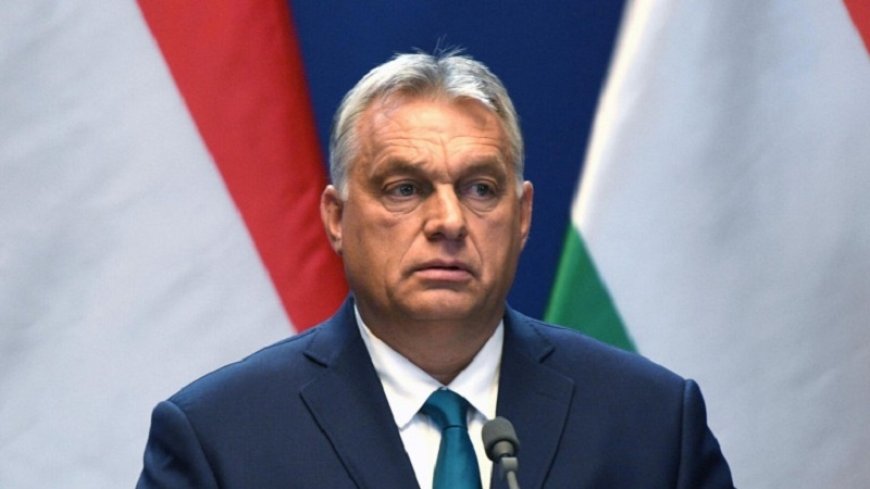Loiseau: Orban's participation in the TPC summit in Karabakh is a scandal for the EU

Hungarian Prime Minister Viktor Orbán's recent attendance at the Organization of Turkic States (OTS) summit in Nagorno-Karabakh has ignited significant controversy within the European Union. European Parliament member Nathalie Loiseau has labeled Orbán's participation a "scandal for the EU."
"Viktor Orbán's participation in the summit of the Turkic states alongside the representative of Northern Cyprus in Karabakh is a disgrace for Hungary and a scandal for Europe. Does Hungarian Prime Minister Orbán challenge the Cyprus problem?" Loiseau questioned on the social media platform X.
Adding to the controversy, Josep Borrell, the EU's High Representative for Foreign Affairs and Security Policy, announced that Orbán had not been granted an EU mandate to represent the bloc at the OTS summit. This unauthorized attendance has raised concerns about Hungary's commitment to EU policies and the broader implications for EU unity.
Background on the Summit and Regional Tensions
The OTS summit, held in the contested region of Nagorno-Karabakh, gathered representatives from several Turkic states, including a delegate from Northern Cyprus, an entity recognized only by Turkey. The inclusion of Northern Cyprus in the summit has added another layer of diplomatic sensitivity, considering the longstanding Cyprus dispute.
The Cyprus problem refers to the division of the island into the internationally recognized Republic of Cyprus and the Turkish-occupied northern part, following a Turkish military intervention in 1974. The presence of Northern Cyprus at international events often provokes strong reactions from EU member states and institutions, as it did in this instance with Orbán's attendance.
Implications for EU-Hungary Relations
Orbán's participation without EU authorization underscores ongoing tensions between Hungary and the European Union. Hungary has frequently been at odds with the EU over issues such as rule of law, press freedom, and migration policies. This latest incident further complicates the relationship and raises questions about Hungary's alignment with EU foreign policy objectives.
Reactions and Potential Consequences
The reaction from Nathalie Loiseau and other EU officials highlights a growing frustration with Hungary's unilateral actions on the international stage. There are concerns that such moves could undermine the EU's collective diplomatic efforts and its position on critical issues like the Cyprus conflict and the territorial integrity of member states.
The European Parliament and the European Commission may seek to address Orbán's unauthorized attendance through diplomatic channels or formal resolutions, emphasizing the need for unity and adherence to EU mandates in foreign policy matters.
Prime Minister Viktor Orbán's attendance at the OTS summit in Nagorno-Karabakh has sparked significant controversy, reflecting broader tensions between Hungary and the European Union. As the EU navigates its internal divisions and external challenges, the need for cohesive and coordinated foreign policy actions remains crucial. This incident serves as a reminder of the complexities and sensitivities inherent in international diplomacy within the EU framework.













































